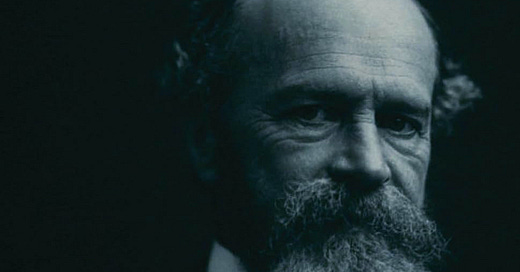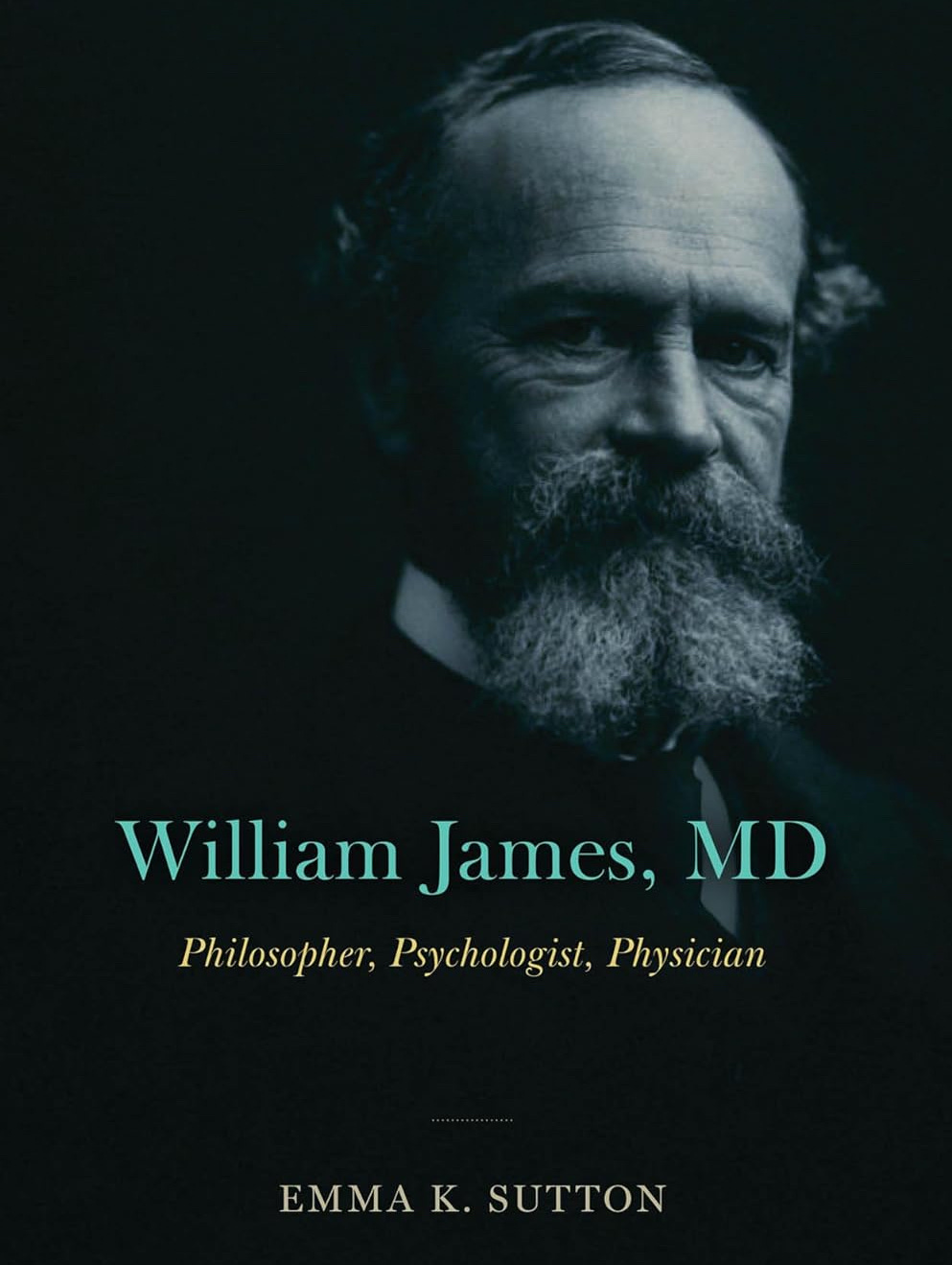Review: Laura J. Snyder on William James
“That adorable genius,” as the logician and philosopher of science Alfred North Whitehead admiringly called William James, was one of the most important thinkers of his day, who not only helped develop a radically new philosophy but also brought the study of psychology to America.
James, whose working life straddled the nineteenth and twentieth centuries, is best known as a founder of the quintessentially American philosophical tradition of pragmatism, the view that, as he put it, “‘the true’ … is only what is expedient in our way of thinking.” He and his fellow pragmatists, Charles Sanders Peirce and John Dewey, rejected the “pretense of finality in truth,” or objective truth, in favor of a more practical notion, one that captured the zeitgeist of a nation in its “Gilded Age,” a period of economic prosperity brought about by steel magnates, railway tycoons, and other industrialists who demanded results.
Keep reading with a 7-day free trial
Subscribe to Book Post to keep reading this post and get 7 days of free access to the full post archives.



